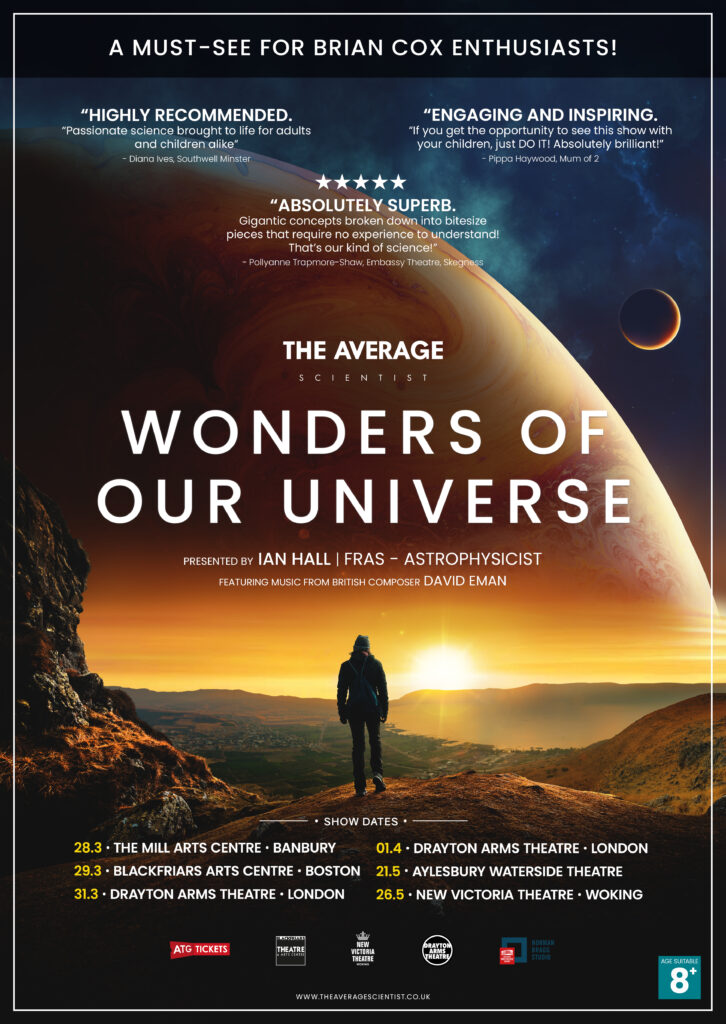Reading/Listening Time – 5 Minutes, Difficulty Level – 1/5
Time, a fundamental dimension intrinsic to the universe, is as enigmatic as it is essential. It orders the sequence of events from past through present to future. Yet, its true nature continues to fascinate and perplex scientists and philosophers alike. In physics, time is inextricably linked to entropy, marking the progression from order to disorder in the cosmos. However, for humans, time embodies the framework within which we understand change, experience life, and contemplate existence.
Time and Entropy: The Unstoppable March
At the heart of astrophysics and thermodynamics, time reveals itself through the concept of entropy. Entropy, a measure of disorder or randomness in a system, is a pivotal idea in understanding the arrow of time. The Second Law of Thermodynamics states that in an isolated system, entropy tends to increase over time. This irreversibility is what gives time its direction – the past is simply a state of lower entropy compared to the future.
From the birth of stars to the decay of atoms, the cosmos dances to the rhythms of increasing entropy. For instance, when a massive star exhausts its nuclear fuel, its core collapses while the outer layers explode as a supernova, dispersing elements in a highly entropic state across the galaxy. This process not only marks the passage of time in the life cycle of a star but also contributes to the cosmic evolution, fueling the creation of new stars and planets.
Discovering Time: A Human Endeavor
While physicists describe time through equations and theories, the human experience of time is rich and multidimensional. The discovery and understanding of time have been profound milestones in human history. Ancient civilizations aligned their activities with the cycles of the sun and moon, leading to the development of calendars and timekeeping that have evolved into the precise systems we use today.
In a philosophical sense, the awareness of time allows humans to grasp the concept of change, mortality, and the continuum of experience. Each moment holds the weight of the past and the potential of the future, making time a canvas on which we paint the narrative of our lives. It’s not just a measure of duration but a space for growth, grief, joy, and reflection.
Time: The Confluence of Science and Human Experience
The scientific and humanistic views of time, though seemingly disparate, are profoundly interconnected. The universe’s march towards greater entropy mirrors our own journeys through life. As we age, our bodies undergo entropic changes, reflecting the universal law within our personal existence.
Moreover, the human capacity to remember the past and imagine the future is a testament to our unique relationship with time. Memory and anticipation, though intangible, are governed by physical processes in our brains, which are themselves subject to the laws of physics. Thus, our deepest personal experiences and the expansive universe share a common temporal foundation.
Embracing the Temporal Journey
Understanding time in terms of entropy does not diminish its mystery or its pivotal role in our lives; rather, it enriches our appreciation of both the universe and our place within it. Time is not merely a physical dimension to be studied but a vital element of human consciousness, necessary for processing change and defining our realities.
As we continue to explore the cosmos and delve into the quantum realm, where the conventional rules of time and entropy may not hold, we remain anchored by our human experience of time. It is a reminder that our scientific explorations are not just quests for knowledge but also deeply personal journeys through the ever-unfolding narrative of existence.
In the profound dance between the entropy-driven universe and our time-marked lives, we find the beauty of existence, the tragedy of decay, and the eternal hope for renewal, making time both a scientific phenomenon and a cornerstone of human experience.
I’m the founder of The Average Scientist and also an Astrophysicist, a passionate Science Communicator and elected Fellow of the Royal Astronomical Society.
I regularly speak at various events, including our TAS Talks and theatre shows on subjects such as Astrophysics, Planetary Science and the Evolution of the Universe.







